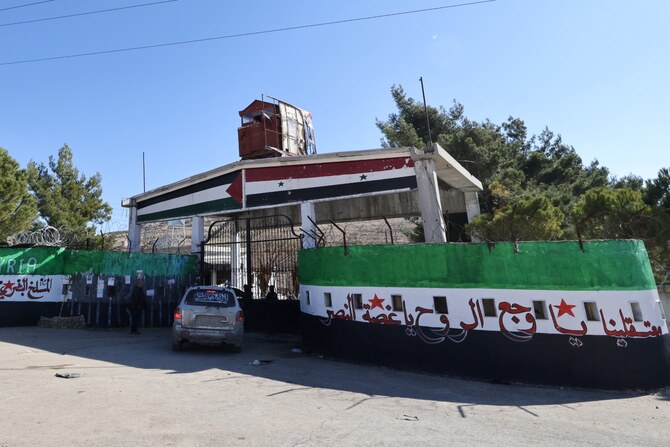One of the candidates challenging Tunisian President Kais Saied in the country’s presidential election next month has been sentenced to prison on fraud charges that his attorney decried as politically motivated.
Two weeks after his arrest, a court in the city of Jendouba handed down a 20-month sentence for Ayachi Zammel on Wednesday evening after convicting him of falsifying the signatures he gathered to file the candidacy papers needed to run for president.
Zammel faces more than 20 charges in jurisdictions throughout Tunisia, including four that will be heard on Thursday.
The little-known businessman and head of Tunisia’s Azimoun party is one of two candidates challenging Saied in the North African nation’s Oct. 6 election.
His attorney, Abdessattar Messaoudi, said Zammel planned to conduct his campaign behind bars.
FASTFACT
A court in Jendouba has handed down a 20-month sentence for Ayachi Zammel.
“This is no surprise. We expected such a ruling given the harassment he has been subjected to since announcing his candidacy,” said Messaoudi.
Zammel is among a long list of Saied’s opponents who have faced criminal charges and prosecution in the volatile period leading up to October’s election.
In July, a court sentenced presidential candidate Lotfi Mraihi to eight months in prison on vote-buying charges and banned him from politics.
Last month, courts sentenced two candidates — Nizar Chaari and Karim Gharbi — on similar signature fraud charges.
After a court required Tunisia’s election authority to reinstate three candidates who had been ruled ineligible to run, one of them — Abdellatif El-Mekki — was arrested on charges that stemmed from a 2014 murder investigation that critics have called politically motivated.
Saied’s two most prominent critics, the right-wing Free Destourian Party’s Abir Moussi and the Ennahda’s Rached Ghannouchi, have also been in prison since last year.
Civil liberty advocates have decried the crackdown as a symptom of Tunisia’s democratic backslide.
Amnesty International this week called it “a clear pre-election assault on the pillars of human rights and the rule of law.”
Political tensions have risen since an electoral commission disqualified three prominent candidates this month.
The commission approved only the candidacies of the incumbent president, Zammel and Zouhair Magzhaoui, who was seen as close to Saied, defying Tunisia’s administrative court, the highest judicial body in election-related disputes.






















